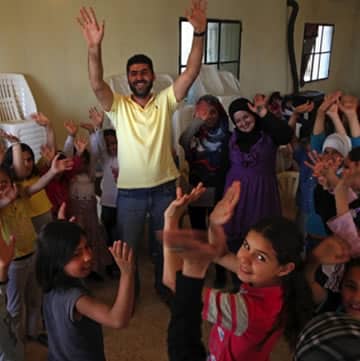Mercy Corps
The Situation
In response to the Syrian refugee crisis in Lebanon, The United Nations High Commission for Refugees (UNHCR) invited Mercy Corps to implement a protection-monitoring project in nine districts in Beqaa Valley, Nabatiyeh, and South Lebanon Governorates, spanning nearly two-thirds of the country. Mercy Corps was asked to monitor, analyze, and report the risks faced by refugees and vulnerable Lebanese, as well as to respond to these needs where possible by educating refugees about basic rights and services available to them, and making referrals. Protection monitoring allows UNCHR so that it and other humanitarian actors to more nimbly and effectively respond to the most pressing needs of refugees and the host company residents. To-date, the most pressing protection needs center around legal status and documentation, freedom of movement and detention, and security from violence and exploitation, as well as basic needs and essential services.
The Roadblock
Mercy Corps was fully funded by UNHCR for the six months of requested protection monitoring activities in the target regions. However, a new UN policy introduced during the contracting process mandated that implementing partners, like Mercy Corps, abide by a $6,000 per month salary cap for international staff, which included travel, accommodations, and medical benefit costs. This cap was significantly below the compensation rates that Mercy Corps maintains for its staff. Consequently, unwilling to cut existing compensation, Mercy Corps faced forgoing this important work if it could not secure funding to cover the difference in compensation.

Open Road's Response
Open Road provided Mercy Corps with the requested $52,475 to supplement the outstanding salaries, allowing for implementation of the planned protection monitoring activities and full leverage of more than $650k in funding from UNHCR.
To learn more visit: mercycorps.org


